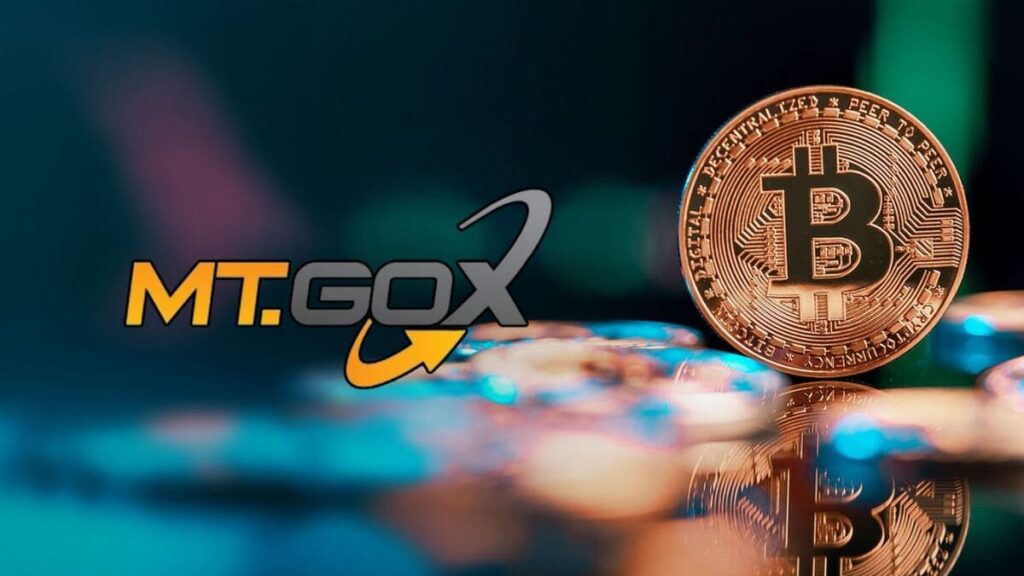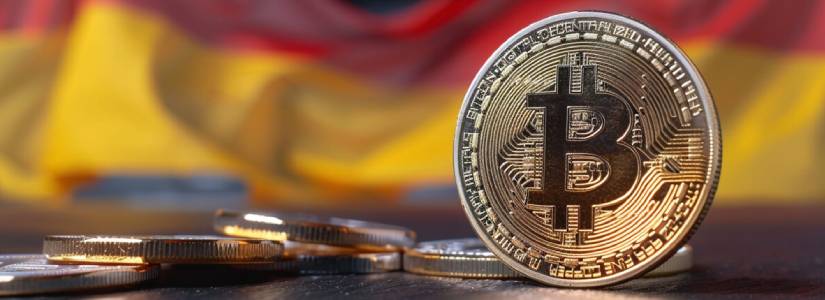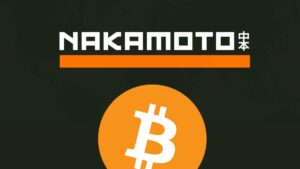TL;DR
- Ki Young Ju, founder of Cryptoquant, reassures the community by explaining that the recent BTC movements of Mt. Gox should not significantly affect the market.
- The possible scenarios include internal transfers, over-the-counter (OTC) sales, and the use of brokerage services, all with a limited impact on the price of BTC.
- The community should monitor the activity of the German government, as its continued sales of BTC reserves could influence market stability.
The Bitcoin movements carried out by the defunct exchange Mt. Gox have greatly unsettled the crypto community due to the potential impact on the price of Bitcoin. However, Ki Young Ju, founder of Cryptoquant, has provided a reassuring perspective by explaining why these transactions should not significantly affect the market.
Through X, Ki Young Ju presented three possible scenarios for the recent Bitcoin movements by Mt. Gox. First, he suggested that these transactions could simply be internal transfers carried out by the exchange to enhance security by changing cryptocurrencies from one wallet to another.
Mt. Gox moved 47K #Bitcoin, but it won't affect the price.
Three possible scenarios for these transactions:
1. Internal transfer: Changing wallets for security.
2. OTC deal: Designed not to affect the market price.
3. Using a brokerage service: Likely settled after selling… pic.twitter.com/9xS1zoqfHH— Ki Young Ju (@ki_young_ju) July 8, 2024
The second scenario he proposed was that the transactions could be over-the-counter (OTC) sales, a method specifically designed to avoid affecting the market price. Given the considerable volume of BTC held by Mt. Gox, this option seems plausible as it would allow the exchange to meet its repayment obligations without destabilizing the market.
The third scenario involves the use of brokerage services to facilitate the sale of Bitcoin. In this case, the Bitcoins did not pass through the wallets of brokers or exchanges, which suggests that the sale was made through a brokerage after the transaction was completed. Additionally, he noted that a recent transfer of 1,500 BTC to Bitbank did not result in a significant increase in trading volume, which reinforces the idea of a limited market impact.
The German Government’s BTC Movements Under Scrutiny
Despite the reassuring explanations, Ki Young Ju admitted that 1,500 Bitcoin is a relatively small amount. However, he suggested that even if Mt. Gox has 94,000 Bitcoin available for sale, it is unlikely that they will all be sold without significant on-chain movement. The over-the-counter (OTC) sale would be an indication that the market can remain stable.
Although for now, it seems that the situation of Mt. Gox is under control, another factor to consider is the activity of the German government. Since last month, they have been selling their Bitcoin reserves, and according to recent data, they sent more than 13,000 BTC to various exchanges, including Coinbase, Kraken, and Bitstamp, on July 8. Despite these sales, the German government still holds more than 27,000 Bitcoin, which could have future implications for the market if they continue to offload their reserves.
The community should closely monitor the actions of the German government, as its continued sale of BTC reserves could influence market stability. According to CoinMarketCap, BTC has risen 1.58% in the last 24 hours and is being traded at $57,718 per unit, its volume has fallen by almost 9% and exceeds $31 billion.











